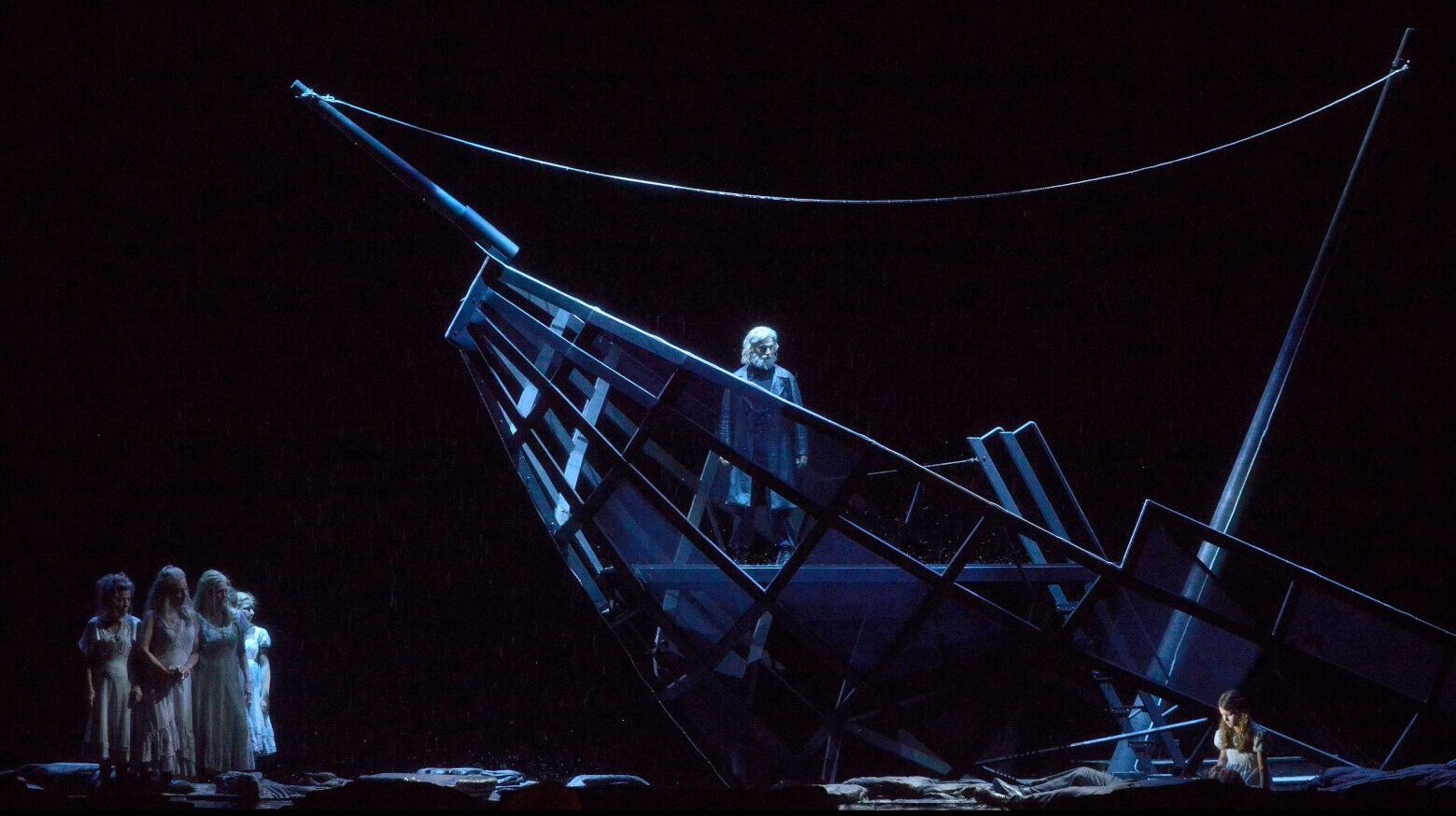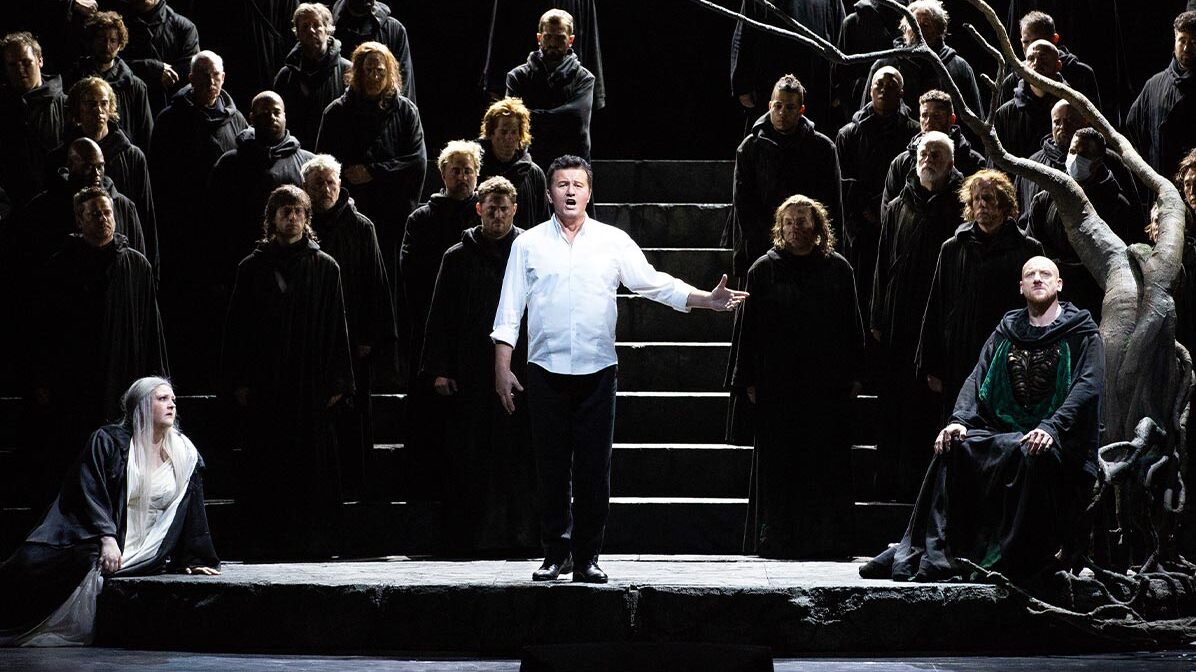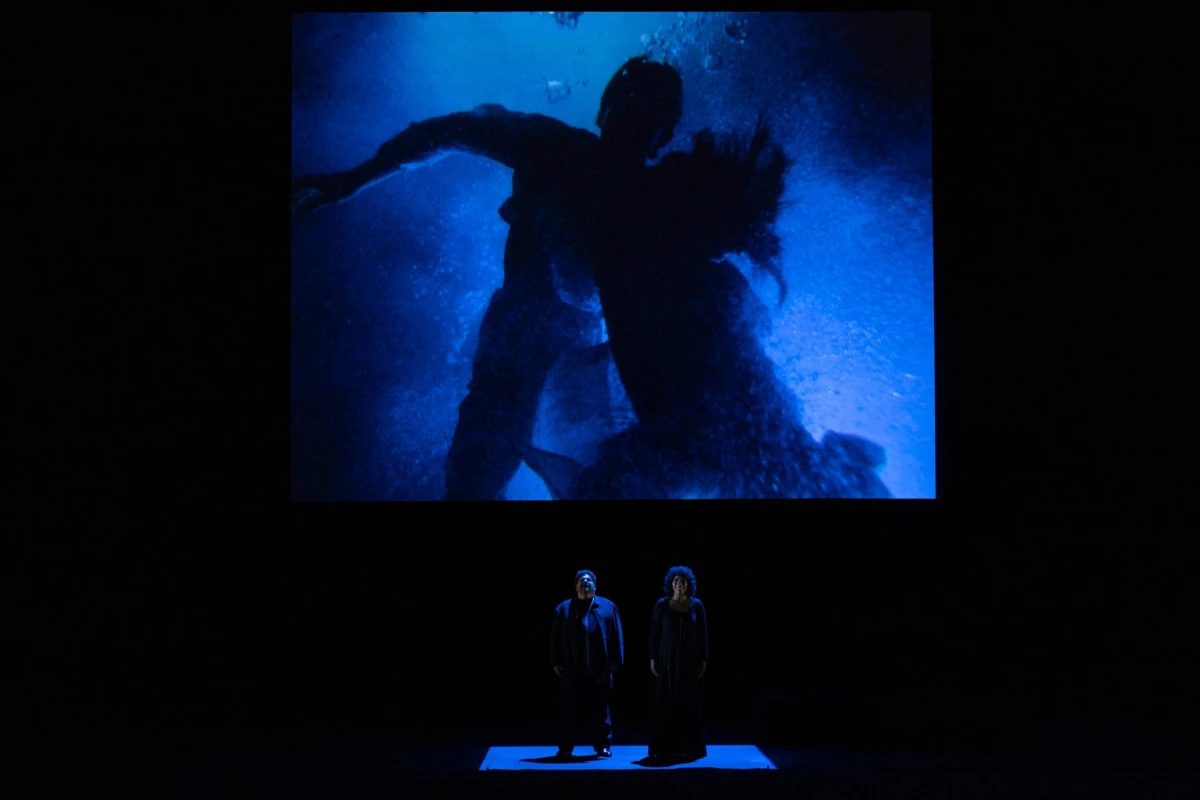
Out to Sea: Budapest Revives a Confused Flying Dutchman
Wagner’s opera receives an engaging and sympathetic staging, despite some directorial suggestions to the contrary.

Wagner’s opera receives an engaging and sympathetic staging, despite some directorial suggestions to the contrary.

The visuals barely pass as a recognizably traditional setting while also failing to offer any symbolic interpretation of the work.

The brilliant soloists at the Met were underserved by a worn production and subpar conducting.

A nearly all-Hungarian cast delivered the production with a skill that should, in most cases, make the singers internationally famous.

In program interviews, director Marcin Łakomicki and conductor Markus Stenz suggest that Holländer is really about sexism in modern society and a reinforcement of gender roles. A modern European man educated in what passes for the humanities today might think so. But the deeper contexts are ignored.

Tiezzi’s production eschews the interpretive fripperies and psychological baggage common in contemporary Wagner productions in favor of appealing abstractions.

Lohengrin, with its lush music and tragic exploration of trust, betrayal, and forbidden knowledge, has imaginative gifts to offer contemporary audiences. The music still soars, but only to the cave ceiling, not to the skies.

The score of Tristan, an opera that commands what Dudamel claims to be his obsession, radiated brilliantly with a fine Gallic touch from the Opéra’s orchestra.

The production has aged well. Its vibrant return after a seven-year absence should have been a landmark revival and one of the highlights of the Met’s new season. Musically, it met the mark. The energy on stage was palpable. The only disappointment was to be found in the audience. The revival’s first performance reportedly filled just 57% of the seats.